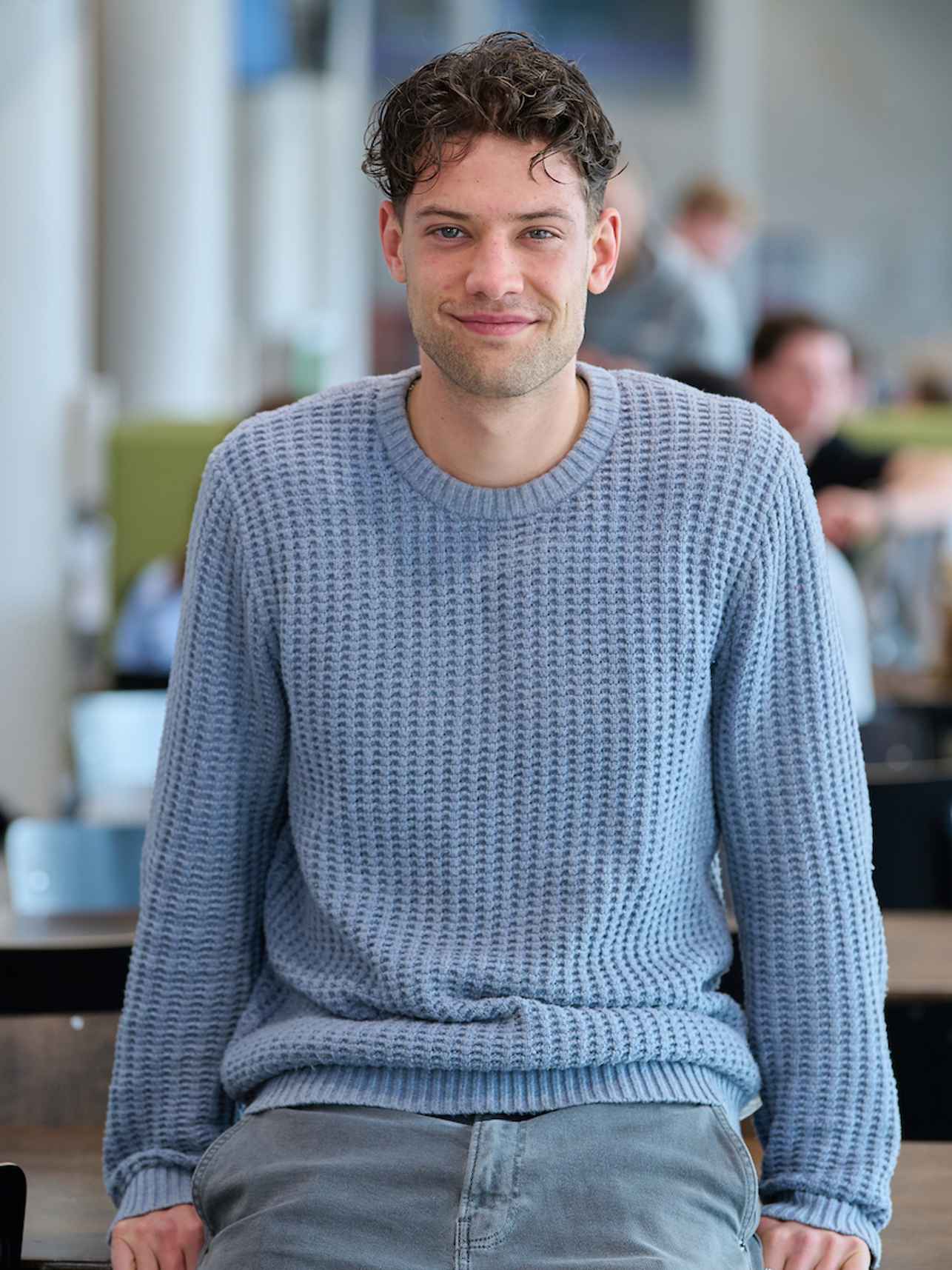Sport Studies
bachelor's, full-time, 4 years
Programme structure
The Sport Studies - track ISMB programme is designed to expand your understanding of relevant theories and build practical skills in 3 key areas of the international sport industry: sport commerce, sport development and high performance sport.
Key sport areas
- Sport commerce: focuses on the business surrounding sport industry, paying special attention to the sporting goods industry, spectators, and sport as entertainment. Many practical business aspects play a role in this, including finance, economics, sales, and marketing.
- High performance sport: examines the most exclusive side of the sport world with a focus on the athlete. You will gain new insights into the events, organisations and structures surrounding these high-performance competitors, as well as cover subjects such as sport media and the legal aspects of sport.
- Sport development: takes a more inclusive look at the sport world with a focus on participation. You will learn more about topics such as intercultural communication, facility management and the role of sport, recreation, and fitness in society.
Sports as part of your learning
Being active in sports is an important part of our programme, but you don’t need to be a professional athlete by any means. You will take part in different sports and improve your skills over time. For example, during a 7-week triathlon training, you will work on setting goals and stepping out of your comfort zone. The programme focuses on hands-on experience, using each sport to learn key management skills.

Oli, Sport Studies student:
‘'I don’t enjoy long lectures, so this mix of theory and practice the Sport Studies programme offers, fits me well. Another big selling point for me was the internships and the guidance provided throughout the programme.’
Year 1
In your first year, you will learn about international sport, management and business by combining theory with practice. Around half of your time will be spent on sport practice and sport theory lessons. You will also study key subjects such as marketing, management and organisation, international sport management, finance, event management and sport psychology.
In addition, you will have classes in intercultural communication and personal professional development. You will also take part in 2 international field trips within Europe.
Each year at Sport Studies – track ISMB focuses on 6 building blocks (themes): Sport, Management, Entrepreneurship, Research, Internship and Personal and Professional Development.
| Theme | Subjects | |
|---|---|---|
| Sport |
| |
| Management and Entrepreneurship |
| |
| Research |
| |
| Internship |
| |
| Personal and Professional Development |
|
Title and diploma
After completing the Sport Studies programme, you will be awarded a Bachelor’s degree in Sport Studies. This is the so-called HO name of the programme. You may use the Bachelor of Arts title.
